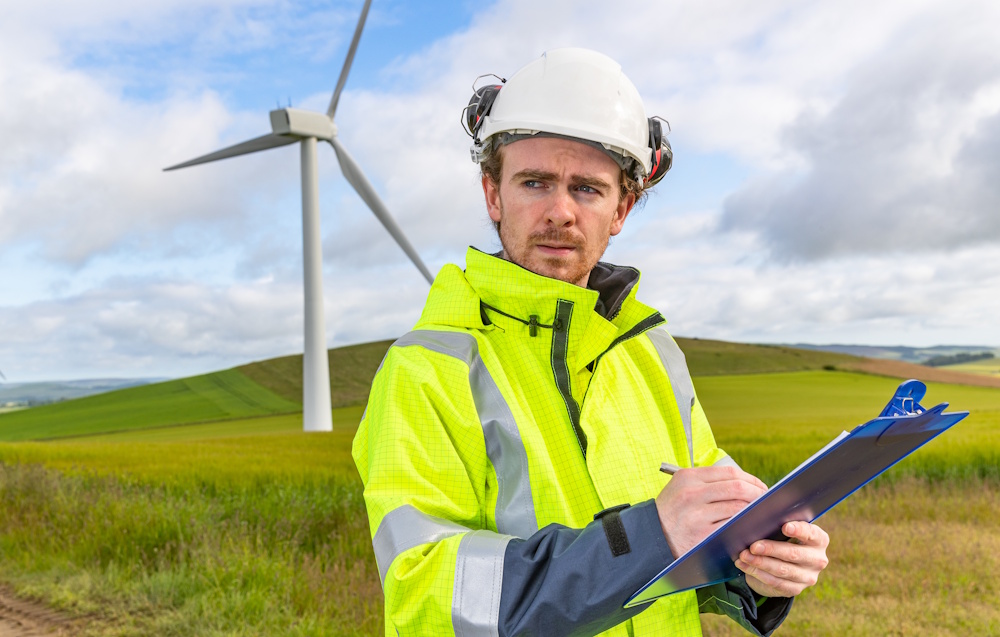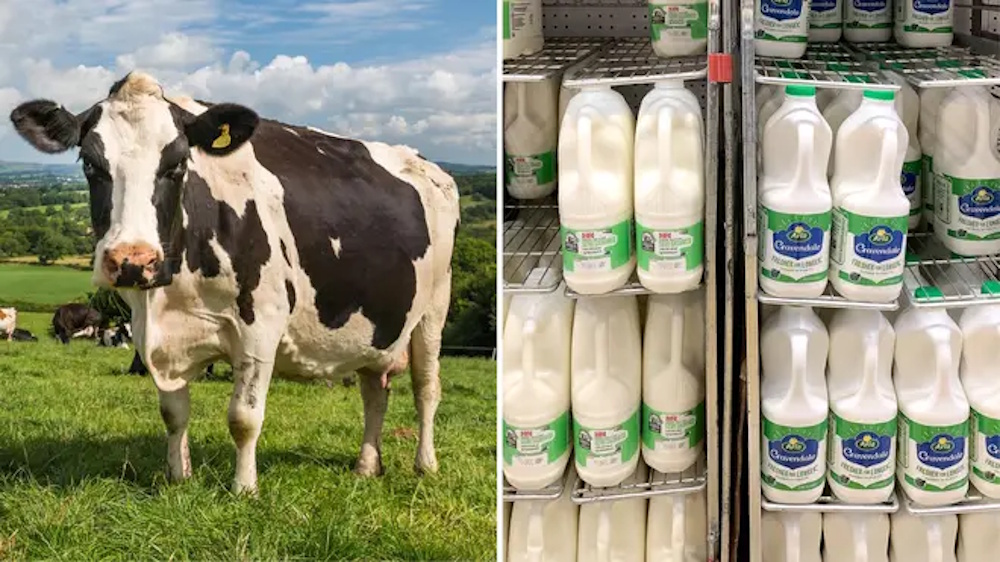Article
What do Cleantech Businesses Need to Say in 2024?

Hopefully, you know what you’re going to do in 2024. But what is your business going to say about it?
Last week, it was reported that the UK government had relied on conspiracy theories to guide transport policy, as they were ‘influenced by unfounded fears about loss of freedom’, which led to curbs on cycling and walking policies.
Misinformation is nothing new, and those of us working in the climate and cleantech comms sector are no strangers to countering it. Living in Oxfordshire, I often find it amusing to travel around a county that people around the world believe is experiencing ‘climate lockdown’. Sure, the traffic might be terrible and the buses could be a lot better, but it’s not because Bill Gates and the WEF want to lock me in my house. It’s an example of how green topics that would have seemed uncontroversial a few years ago like ‘cleaner transport’ are becoming unexpected fronts in culture wars.
With any luck, most cleantech businesses will avoid getting dragged into full-on conspiracy theories. But going into 2024, entrepreneurs in climate and cleantech sectors will need to get their messages across in a fragmented media landscape, while geopolitical shocks – war, and elections poised to deliver major swings in most of the world’s democracies – are likely to disrupt green agendas around the world, rather than accelerate them. Whatever the world looks like going in to 2024, it is likely to look very different coming out of it. Communication will be essential in managing whatever change comes our way – by cultivating a healthy information ecosystem.
The Information Ecosystem
PR, branding, marketing, content, and everything that makes up the communications discipline, all exist to manage the information ecosystem surrounding an organisation. Fields like clean transport, renewables, or energy storage are maturing and scaling rapidly – achieving in years what their fossil predecessors built in decades. Developing a business at this speed means learning how to grow and manage a reputation in record time.
The cleantech sector already spends a lot of time on this. Businesses in our sector are used to having to prove that our technology is cheaper, more reliable, easier to use than the ‘business as usual’ alternative, as well being better for the planet. We know that ‘we’re going to save the world’ isn’t the selling point it should be.
But too often, cleantech businesses can get stuck, either relying on the better nature of customers and regulators to champion their brands, or hammering home the same talking points on efficiency or marginal gains, repeating commercial messages without looking at the bigger picture. This leaves a blank space around them, which either stays blank – or that others will fill in.
Given how difficult it can seem, it could be tempting to decide in this context that it’s too much effort to establish a voice for your business – that the best thing to do is to stay quiet and let your work speak for itself. After all, does the world need another ‘purpose-driven’ brand talking about a mission that looks suspiciously similar to everyone else’s?
The answer is that it doesn’t, really. But it does need cleantech businesses who can outline the role they’re going to play in a greener future. And that doesn’t need to be difficult.
How to Start Telling your Story
Some people are very happy to tell their own stories – but the majority of people feel somewhat awkward about putting their experiences out there and promoting themselves. Luckily, our sector is full of people who’ve been working hard on fascinating issues. It’s rare to come back from a climate event without a story – like how to recycle a wind turbine, or just how much the battery sector has grown in the UK. Or how intersectionality can strengthen the climate movement as a whole. We often work in niches where we assume that ‘everyone’ knows this stuff, or that people who don’t know about it already don’t need to. Give yourself permission to tell your own story and you’ll be surprised how many potential partners, customers and allies are out there who want to hear it. As this 2024 prediction from Nieman Lab outlines, industry and technology conferences are great places for journalists to pick up stories that deserve a wider audience, when they’re focused on the right issues. Climate businesses are often at the heart of amazing stories without even realising it.
Building a Community
While it’s good to look outside your niche, it’s still essential to build community within it. After all, it’s your niche for a reason – likely because it’s where your customers are! The best corners of the internet (and real life) are often the ones filled with like-minded enthusiasts. If you want cheering up about the state of the green economy, just have a look at the Heat Geek youtube channel where heat pump experts are sharing in-depth insight on how to get the most of the technology. While many mainstream media titles in the UK are resolutely anti-heat pump, Heat Geek does the whole sector a service by providing this forum – it’s hard to look at this and not see a serious, growing industry.
Staking your Place as Part of the Solution
Finally – think about how your business fits into the future and make that clear. There’s growing recognition that investment, particularly in infrastructure will be a major topic in the upcoming election. Beginning the year with input from over 100 economists, the FT outlined how ‘increasing public and private investment remained the priority’ for economists looking for ways to unlock growth in the UK.
It should be taken as a given that this investment will be green; Greg Jackson of Octopus Energy argues in the Times that “Fossil fuel companies are facing stark choices: whether to move towards run-off, like tobacco firms; to become niche providers of back-up to a renewable electricity system; or to try to find a role for themselves in the world of clean energy where many already struggle to compete.”
But that’s far from the case in such a fragmented media ecosystem. These comments seem to exist in a completely different universe to the front page of the Daily Telegraph on which David Frost points to the government’s embrace of net-zero as a serious misstep – or predictions of a ‘mini revival’ in offshore UK oil and gas.
This isn’t to say that the solution is some sort of middle of the road response that aims to ‘both sides’ the issue, or that every brand needs to start engaging on the activist frontlines. But going into a turbulent, unpredictable year, brands who take the time to curate the information that surrounds them will be set up to make the best of it.
Get in touch at [email protected] to find out more about how we can help ambitious brands in climate and cleantech to bring tomorrow closer.





